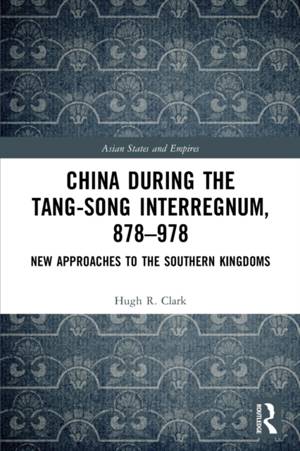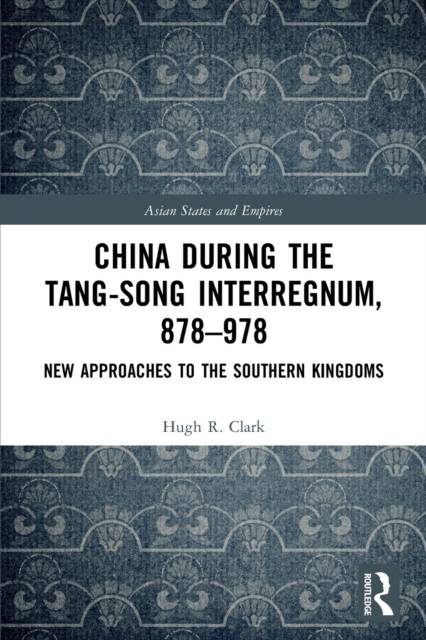
- Afhalen na 1 uur in een winkel met voorraad
- Gratis thuislevering in België vanaf € 30
- Ruim aanbod met 7 miljoen producten
- Afhalen na 1 uur in een winkel met voorraad
- Gratis thuislevering in België vanaf € 30
- Ruim aanbod met 7 miljoen producten
Omschrijving
This book challenges the long-established structure of Chinese history around dynasties, adopting a more "organic" approach which emphasises cultural and economic trends that transcend arbitrary dynastic boundaries. It argues that with the collapse of the Tang court and northern control over the holistic empire in the last decades of the ninth century, the now-autonomous kingdoms that filled the political vacuum in the south responded with a burst of innovative energy that helped set the stage for the economic and cultural transformations of the following Song dynasty. Moreover, it argues that these transformations and this economic and cultural innovation deeply affected the subsequent model of holistic empire which continues right up to the present and that therefore the interregnum century of division left a critically important legacy.
Specificaties
Betrokkenen
- Auteur(s):
- Uitgeverij:
Inhoud
- Aantal bladzijden:
- 122
- Taal:
- Engels
- Reeks:
Eigenschappen
- Productcode (EAN):
- 9781032053653
- Verschijningsdatum:
- 9/01/2023
- Uitvoering:
- Paperback
- Formaat:
- Trade paperback (VS)
- Afmetingen:
- 156 mm x 234 mm
- Gewicht:
- 204 g

Alleen bij Standaard Boekhandel
Beoordelingen
We publiceren alleen reviews die voldoen aan de voorwaarden voor reviews. Bekijk onze voorwaarden voor reviews.









